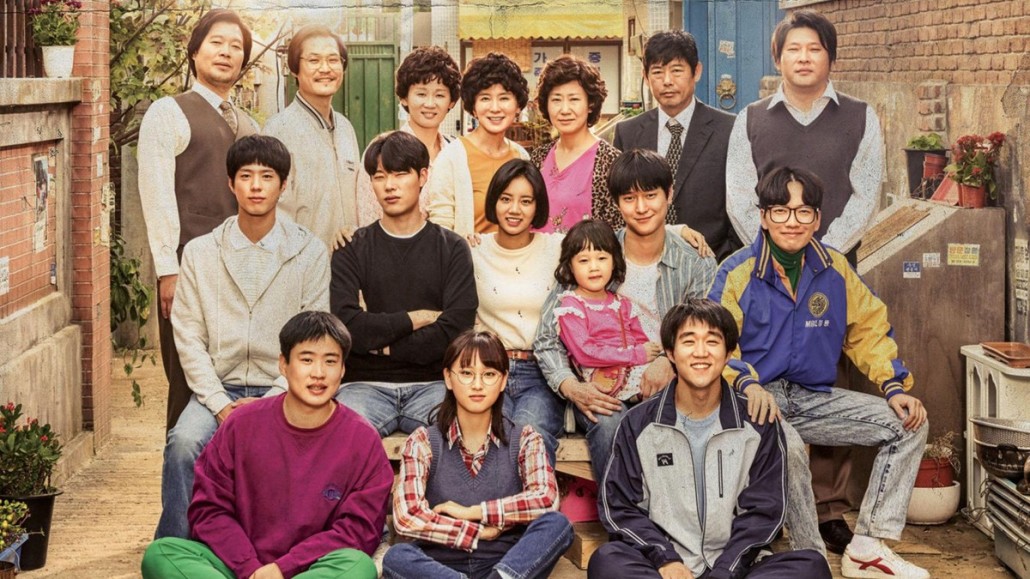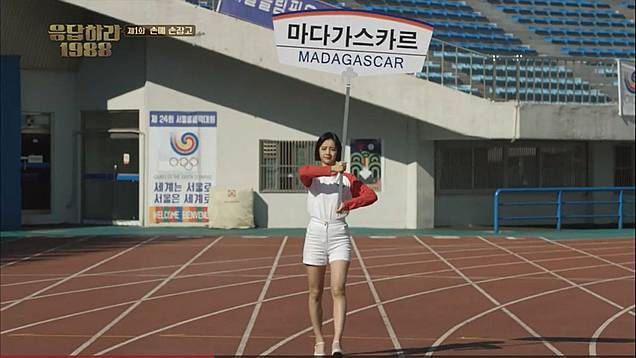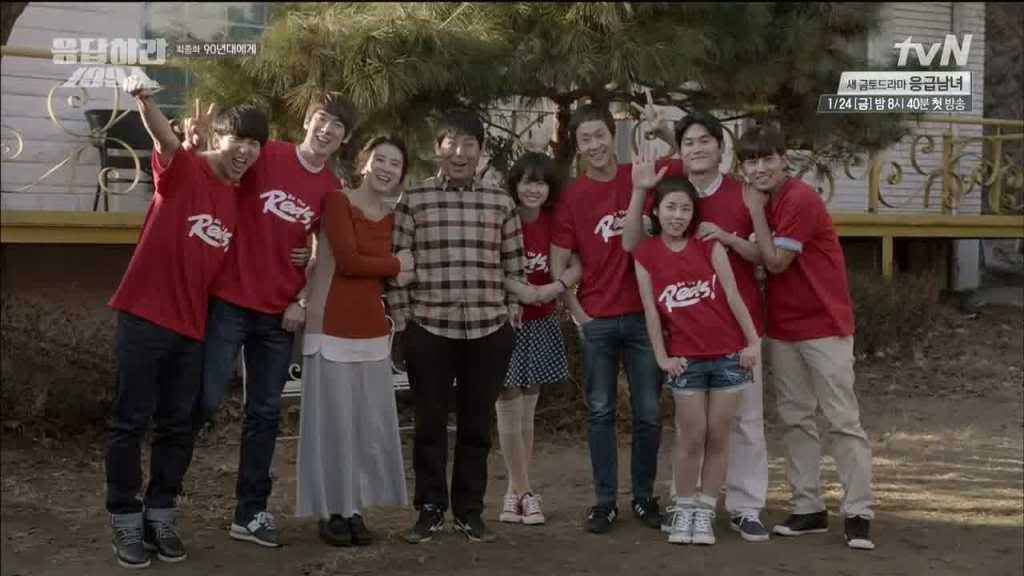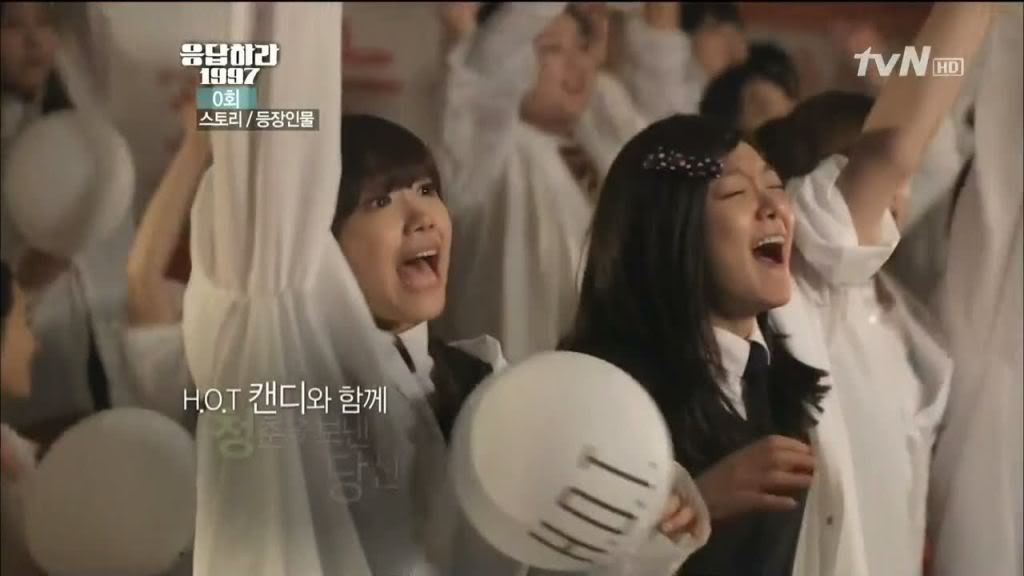Telling Korean History Through The ‘Reply’ Series
 Invoking the past in a way that makes it very much alive is something that the tvN “Reply” series has perfected over the past view years. The newest series, “Reply 1988” premiered earlier this month. As the third reiteration of the “Reply” or “Answer Me” family, there was a lot of hype and expectations surrounding the retro show, and it definitely delivered as a entertaining show. By tugging at the viewers heartstrings, the show weaves in didactic messages to created an image of what South Korea was.
Invoking the past in a way that makes it very much alive is something that the tvN “Reply” series has perfected over the past view years. The newest series, “Reply 1988” premiered earlier this month. As the third reiteration of the “Reply” or “Answer Me” family, there was a lot of hype and expectations surrounding the retro show, and it definitely delivered as a entertaining show. By tugging at the viewers heartstrings, the show weaves in didactic messages to created an image of what South Korea was.
More than just a good drama, the “Reply” series has become a way of introducing modern day Korean history to television audiences, both domestically in South Korea and internationally. Like BBC period dramas a la “Downtown Abbey,” “Reply” has continually acted as a visual textbook, or reminder, of South Korea’s recent past.
[Disclaimer: Slight spoilers are included.]
While period pieces are typically older, “Reply” is always, relatively, new. Many viewers were alive during or shortly after the shows’ timeline and the world doesn’t always seems so different from ours. But South Korea in 1988, 1997, and 1994 was very different than it is now, and the show acts as a guide to many of South Korea’s recent historical triumphs and tragedies.
Also on KultScene: What We’re Watching This November From Korea
By interspersing important moments into the lives of the characters of each “Reply” series, the production team is able to make seemingly remote events seem very much alive and relatable.The oldest series so far, “Reply 1988” is still relatively recent in the sense of history, but feels very removed thanks to the fast paced world that we live in.
Similarly, the political and financial struggles of South Korea are also portrayed in ways that are relatable, and yes, informative. The political reality of the day — the first time that South Korea had a true democratically elected leader since the 1960’s– is alluded to multiple times by characters commenting on college-age Sung Bo Ra going to protests.
Thanks to captivating storytelling, someone who has no knowledge of this period in South Korean history is drawn into the period tvN series’ world as if it is current. The previous series, “Reply 1997” and “Reply 1994” similarly bring to light events that are both familiar and historical to South Korean audiences (and likely unknown to many international fans of the series).
Also on KultScene: B.A.P’s ‘Young, Wild & Free’ Music Video & Song Review
In “Reply 1994,” one of South Korea’s most disheartening years was brought to light. While the country is now one of the wealthiest in the world, South Korea was wartorn in the 50’s, and only intense pushes for progress have helped the country get to where it is today. But in “1994,” the feelings of South Korean dismay following the International Monetary Fund (IFC) crises and the collapse of Sampoong Department Store were brought to the surface, evoking sympathy and renewed concern for the events that occurred nearly a decade before the show in 2013. (Alternatively, the show also renewed interest in South Korea’s 1994 success in soccer with their Red Devils taking to the streets of Seoul).
If “1988” is (so far) showing an exuberant country dealing with modernization and democracy and “1994” focused on the changing world of modern day South Korea, “1997,” the first series which aired in 2012, was the most familiar to many viewers but at the same time still introduced “retro” elements of K-pop, video games, cell phones, and many of the popular fashion brands of the day interspersed with historical events.
As each series presents its story, it showcases a way of life that is familiar to us but disappeared with the fast-paced world hardly blinking an eye. The obsession with “20 Things 90’s Kids Know”-type lists is alive and well, and “Reply” takes it to a new format, educating the viewers of 2015 about all the things we’ve forgotten about the past few decades.
Melodrama and comedy make “Reply” loveable, but it’s also a way to remind the audience of the struggles and success that South Korea has faced over the years. These elements of nostalgia that makes “Reply” popular enough to warrant not one but three seasons, and hopefully more in the future (I’m hoping for a 1999 one, with everyone freaking out about Y2K!)
What do you think about the “Reply” take on history? Share your thoughts in the comment section below and be sure to subscribe to the site and follow us on Facebook, Twitter, Instagram, and Tumblr to keep up with all of our posts.



